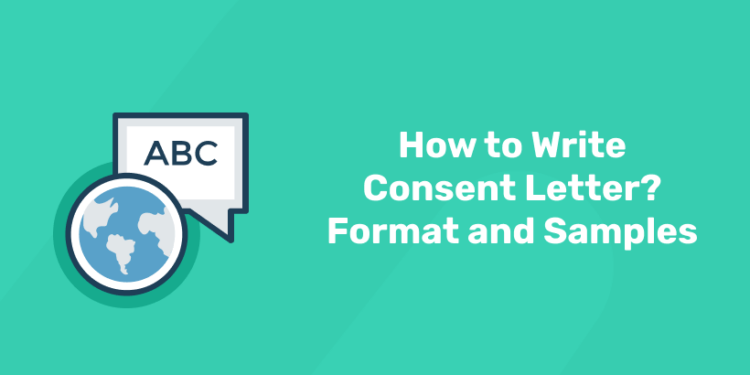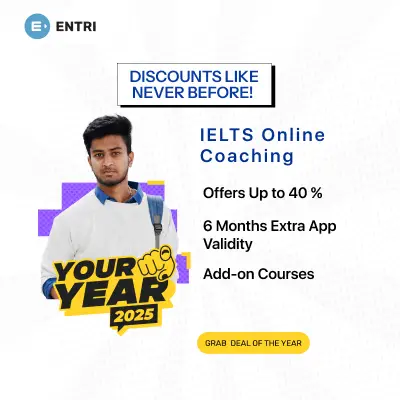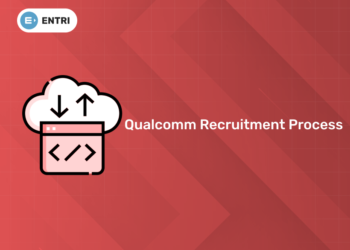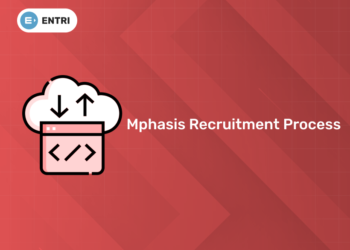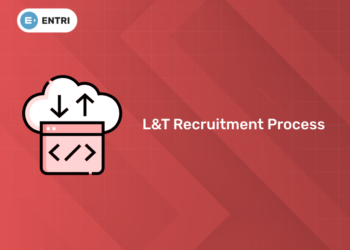Table of Contents
A consent letter is a document written by a person or a party, seeking permission from another. Consent letters are important as they are legally required to obtain permission to initiate an action. This article sheds light on the types and format of consent letters.
Guidelines for Writing a Consent Letter
Given below are certain guidelines which will help you write an effective consent letter:
- The letter or email should have a clear heading regarding the consent.
- Clearly describe the requirements (if any).
- Ensure that relevant names and other details such as addresses and contact information of respective parties are included in the letter.
- Mention the duration of the program or participation.
- Explain the rules of the contract.
- The most important part is the signature on the consent letter. This is where the respondent accepts the consent.
- End the letter in a professional tone.
Types of Consent Letter
1: Which of the sentences below is grammatically correct?
There are three distinct types of consent an organization may collect:
- Explicit Consent: This type of consent is also known as direct consent. In this type of consent letter, an individual provides a positive indication that they agree to their personal data being shared. This includes option like of ticking an opt-in box, or an action that signifies agreement, such as oral confirmatio, or the provision of contact details where the individual has been clearly informed that by giving these details they agree to their data being shared.
- Implicit Consent: This type of consent is also known as indirect consent. It is described from the action of the respondents. This is when someone gives their contact information (e.g., email address, phone number, etc.) but does not explicitly say they want to receive marketing messages or mail. An example of implicit consent is when a customer makes a purchase and provides their email at checkout.
- Opt-out Consent: Opt-out consent is a method of obtaining consent where organizations provide the choice to decline consent. Businesses use this method of obtaining consent because they recognize that customers do not take the time to read the end-user agreements before signing up.
Spoken English Course for Guaranteed Confidence and Career Growth
Spoken English Course by Entri App: Enhance your communication skills, gain certification, and boost your career with confidence.
Join Now!Format of Consent Letter
The format of a consent letter varies according to the purpose. Let’s have a look at the general format.
________________________________________________________________________________________________________________
To
Recipient’s Name/ Designation
Name of the Organization
Place
Subject: Consent to (purpose)
Salutation (Dear Sir/Madam,)
Body of the letter: Explain the purpose or reason for which you are providing consent. Mention all the necessary and relevant details, including date, event, place, name, etc.
Signature
Name
Mobile Number/ Email ID
________________________________________________________________________________________________________________
Consent Letter Samples
Let us go through the samples of some of the most commonly used consent letters.
Parental Consent Letter to Attend a Field Trip
________________________________________________________________________________________________________________
To,
Whomsoever it may concern,
Indian High School,
Delhi
Subject: Consent Acceptance Letter for Field Trip
Dear Sir/Madam,
I, Rahul Khanna, am the legal parent of Trevor Fernandes. I hereby acknowledge that I have granted my consent for my son, Rohit Khanna, to join the school’s field trip on September 10th, 2022. I have read and comprehended the school’s terms and conditions. I’ve also instructed my ward to follow all safety precautions to avoid mishaps and to observe the school’s rules and regulations.
Any inquiries regarding this consent can be directed to me via my mobile number.
Thank you
(Signature)
Rahul Khanna
1/09/2022
9XXXXXXXXX
________________________________________________________________________________________________________________
Consent Form for Credit Report Authorization
________________________________________________________________________________________________________________
To,
Whomsoever concerned,
XYZ Financial Services,
Mumbai
Subject: Credit Report Authorization Consent Form
I, Rohit Khanna, hereby authorize XYZ Financial Services to do a background check and/or consumer credit report on me. I have attached the necessary documents, including my PAN card number and Bank Account number for the purpose of verification of my credit score.
Rohit Khanna
Signature
9XXXXXXXXX
XXXXXXXXXX@gmail.com
________________________________________________________________________________________________________________
Consent Letter for Internship Acceptance
________________________________________________________________________________________________________________
Date
John Jacob
ABC Bank
Address
Contact Details
Subject: Letter for Internship Acceptance
Dear Rohit Khanna,
We are pleased to offer you internship programme with ABC Bank for a period of 3 months. You will be provided with an honorarium of Rs. 10000 per month.
Please note that any information collected from you during the course of your internship will be kept confidential at all times.
We appreciate your interest in ABC Bank.
Yours sincerely,
Name
Branch Manager
ABC Bank
________________________________________________________________________________________________________________
Join our Spoken English program today and communicate with ease!
Frequently Asked Questions (FAQs)
What are the types of Consent letter?
There are many types of consent letters but the majority of those letters are for these four types:
- Parental consent form
- Medical consent form
- Consent form for research
- Consent form for education
What is a consent letter?
A consent letter is a formal letter written to request or provide consent to intitate a particular course of action.
What is opt-out consent?
In this type of consent, organizations provide the option to deny consent. Not choosing to subscribe to newsletters, unticking a previously ticked checkbox, not consenting to save personal details, rejecting the use of cookies, etc. are some examples of opt-out.
Elevate your speaking skills with our Spoken English Course!



